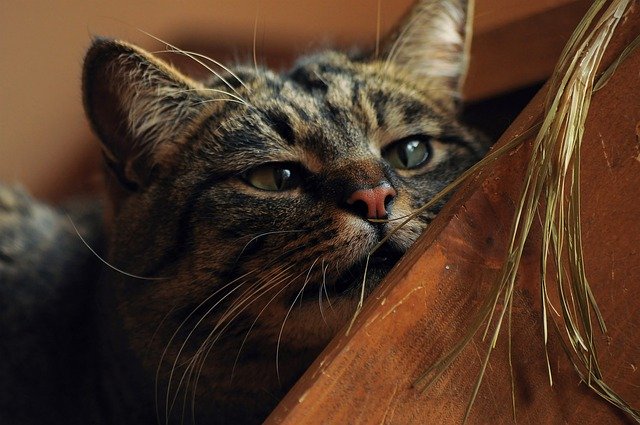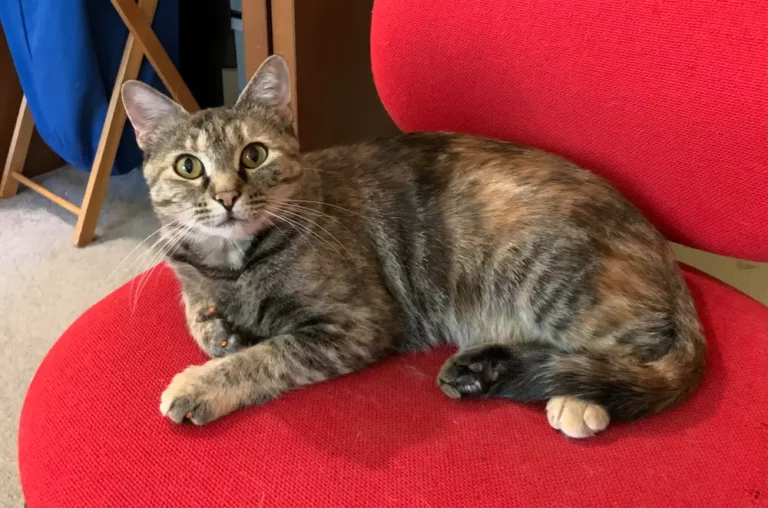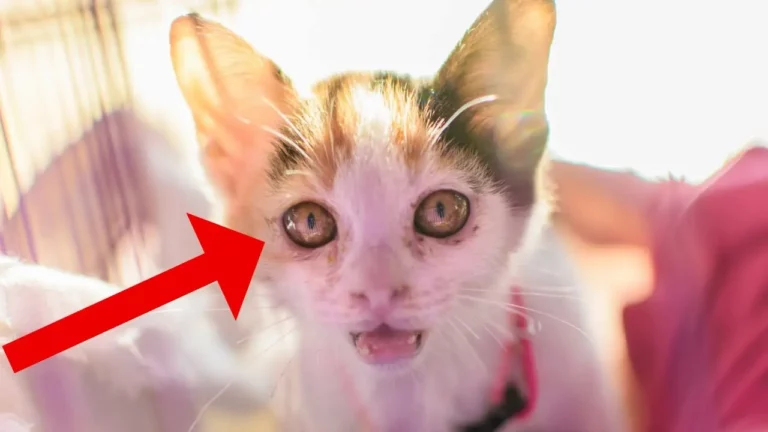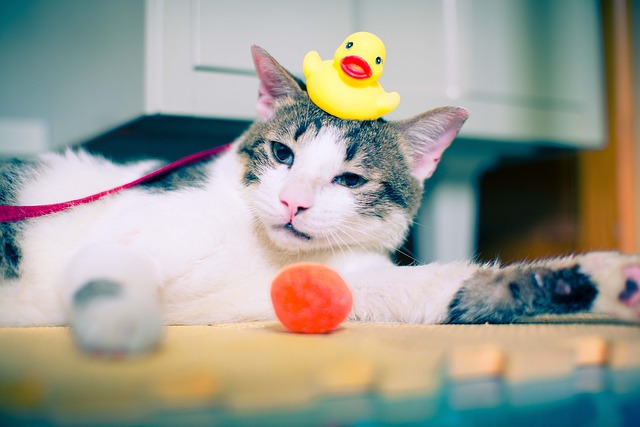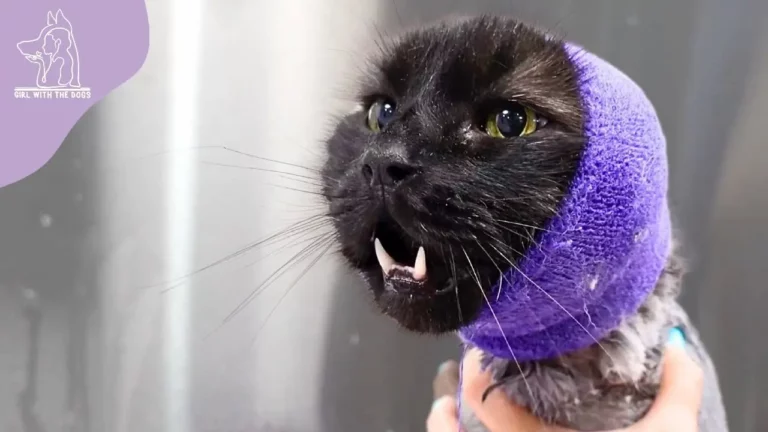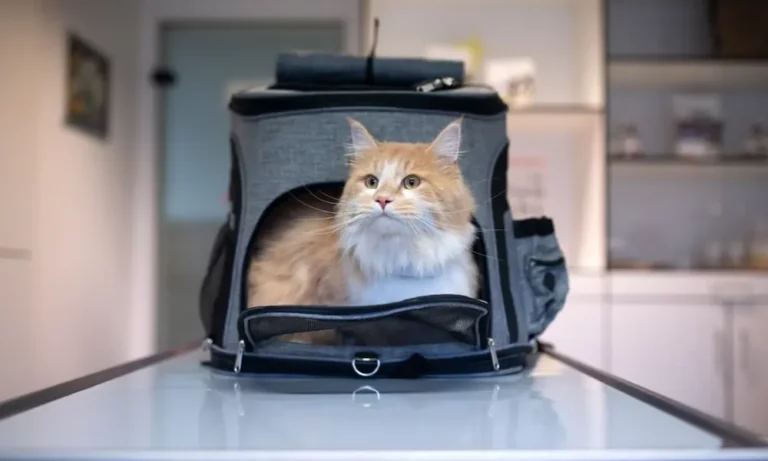How Much Attention Do Cats Need?
If you’ve been thinking of adopting a
Compared to other animals, cats are relatively independent. The Internet is packed with memes and images of cats who only want affection and attention whenever they need to receive it — many cats aren’t as needy as dogs, in this sense. They are generally easier to care for compared to their canine counterparts, but they still require some attention.Â
The basics
I’ve decided to start with this because if you haven’t been a
- Food, water, litter, toys, beds, general care, and grooming supplies
- VaccinationsÂ
- Yearly or bi-yearly checkups at the vet’s
- Pet insurance (especially if you live in North America where veterinary procedures can make you go into debt if you don’t have insurance)
- Love, attention, patience, trust, and everything else that makes a safe, healthy, and happy home for a
cat
Indoor vs outdoor cats
On the whole, indoor cats need a little more attention compared to outdoor cats. The latter are used to going out and getting exercise and play on their own, but the first depend on their guardians to provide them with entertainment opportunities.Â
Outdoor cats can also get socialization, food, and water elsewhere, especially if you fail to meet their needs in this respect. The only interaction that an indoor
It might be a good idea to get two cats right off the bat if your living circumstances allow you to. This way, both cats will feel less lonely and will be able to socialize with each other when you’re at work, for example.
How can you tell if your cat needs more attention?
Cats are extremely tricky to interpret, and from a health/medical standpoint, as well, you can have a hard time telling whether your
Some cats are extremely straightforward – such as my own, for example. They will meow at you and try to get your attention one way or another. Other cats are less used to doing this in a really obvious way. You might notice that your
Bored cats can have litter box issues, over-groom themselves, sleep more than what they should normally, and even experience a lack of appetite. On the other hand, there are lots of cases where cats overeat because they’re bored, and they end up being a little overweight.Â
What about kittens?
Kittens need as much attention as you can give them! There’s no such thing as too much play, exercise, or attention for a young kitten. During the first seven weeks of her life, a
Socializing a kitten is extremely important in this period. If she gets enough attention and care, she will grow up and be a relatively happy
If you really do want to get a kitten, the ideal solution to the attention-seeking problem would be to get two kittens – preferably siblings. This would mean that the two could play together, burning off energy and leaving you to focus on your tasks without being interrupted.Â
You will have to spend time with each kitten once in a while, though – this is the only way you can strengthen your bond with your cats. If two cats grow up together, they will experience anxiety and depression if they ever get separated later on.Â
Ideally, kittens should be able to benefit from 2 thirty-minute play sessions each day. If a kitten doesn’t get enough attention or playtime, it’s very likely for her to begin looking for entertainment opportunities – and that’s how a kitten can develop destructive behaviors, want to get in all kinds of places, or just end up playing with and hiding important items.Â
What about senior cats?
Senior cats become a little sedentary, which means that even if they are used to spending time outdoors, they will grow a little more attached to their indoor environment, as well. It’s important to avoid allowing your senior
Playing with your
Are there specific breeds that need more attention?
There are some breeds that are far more interested in interacting with their human companions than others. In other words, they are needier – and if you’d like a quiet and affectionate
Some of these attention-seeking breeds are Devon Rex or Cornish, Ragdoll, Siamese, Egyptian Mau, and Sphynx.Â
Some of the most independent breeds out there are British Shorthair, Russian Blue, Norwegian Forest
Can you get a cat if you have a full-time job?
How easy would it be if the answer to this question were a clear ‘yes’ or ‘no’! But it isn’t. Cats will most definitely miss you when you are away, but many of us can be fooled by our feline buddies’ nature.Â
If you work full-time and you’re out of the house for around 10 or more hours per day, your
Being cooped up all day long with nothing to do really isn’t fun – just imagine being indoors without any books, TV, Internet access, or means to communicate with your friends and family. You’re all alone, and you have nothing to do. How much time do you think will it take you before you get really, really bored?Â
If you tend to work fixed hours, you might be able to meet your
Attention-seeking behaviorÂ
Here are some signs that your
- Knocking things down
- Pawing at your arm or leg
- Jumping on and off the furniture
- Destructiveness
- Plenty of crying
Keeping your
